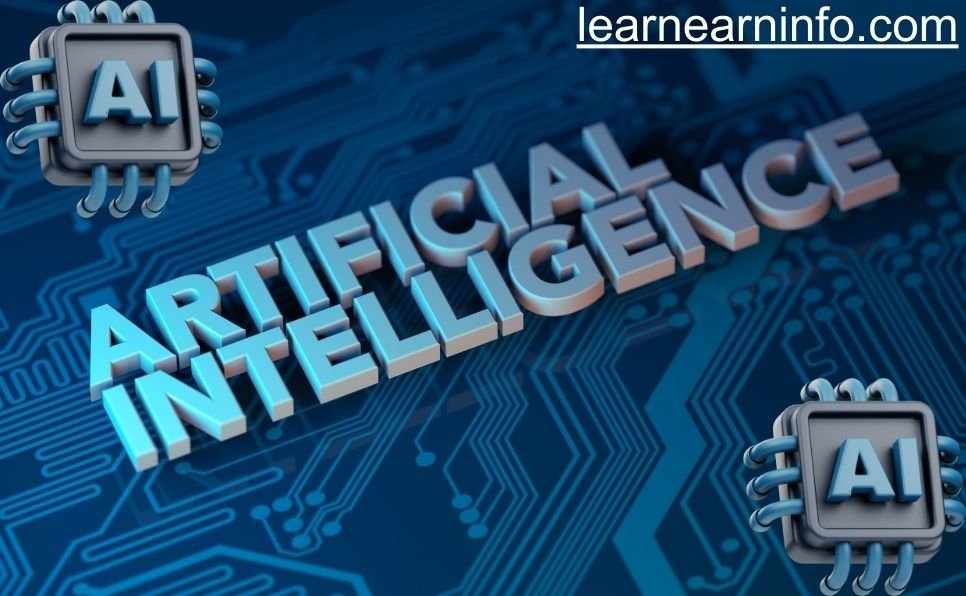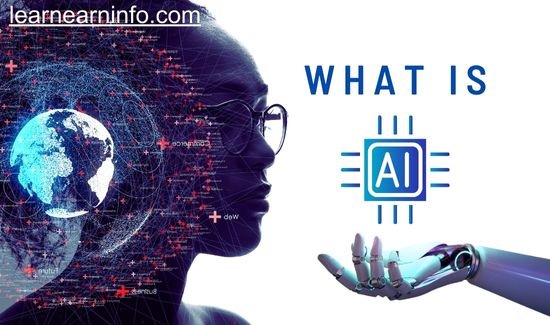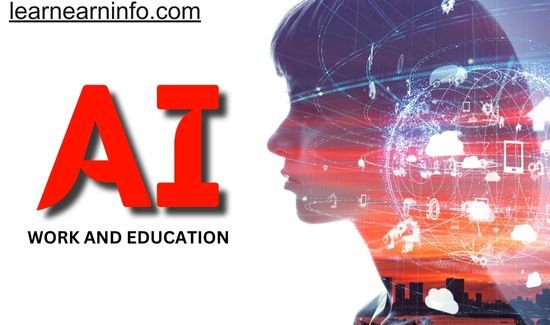Table of Contents
- **Introduction**
- **AI in Healthcare**
– : Revolutionizing Medical Diagnosis
– : Personalized Treatment Plans
- **AI in Daily Convenience**
– : Smart Homes and Devices
– : AI in Transportation
- **AI in Work and Education**
– : AI in the Workplace
– : AI in Education
- **Ethical and Privacy Considerations**
– : Ethical AI Development
– : Privacy Concerns and Solutions
- **Conclusion**
- **Key Takeaways**
- **FAQs**
Introduction
As we advance into 2024, **Artificial Intelligence** (AI) continues to revolutionize various sectors of our lives. This technology is not just a tool but a transformative force, shaping industries, personal experiences, and societal norms. The integration of AI in everyday life promises to make processes more efficient and personalized, enhancing the quality of life across the globe.
AI in Healthcare
Revolutionizing Medical Diagnosis
AI’s capability to analyze large datasets quickly and accurately is transforming medical diagnostics. **AI systems** can process imaging data, such as X-rays and MRIs, to detect conditions like cancers, often with higher accuracy than human doctors. This capability is not only speeding up the diagnostic process but also making it more accessible, especially in remote areas where medical expertise is limited.
Personalized Treatment Plans
AI is essential for creating **individualized treatment plans** in addition to diagnosis. By analyzing a patient’s medical history, lifestyle, and genetic information, AI can predict which treatments will be most effective. This tailored approach improves patient outcomes and reduces the trial-and-error aspect of treatment.
AI in Daily Convenience
Smart Homes and Devices
In the realm of daily convenience, AI powers smart homes, where devices communicate and learn from user behaviors to optimize energy use, enhance security, and provide comfort. For example, AI-enabled thermostats can learn a household’s schedule and preferences, adjusting temperatures to save energy when no one is home and ensure comfort when they return.
AI in Transportation
**AI in transportation** is another area where significant advancements are occurring. Autonomous vehicles, equipped with AI systems, can navigate and make decisions in real-time, potentially reducing traffic accidents and improving road efficiency. Furthermore, traffic management systems with AI capabilities can optimize traffic flow, lowering emissions and congestion.
AI in Work and Education
AI in the Workplace
Artificial Intelligence (AI) is revolutionizing the workplace by automating monotonous jobs so that workers may concentrate on more intricate, creative, and strategic work. For instance, **AI tools** can handle customer inquiries through chatbots, manage data entry, and even assist in decision-making processes by providing data-driven insights.
AI in Education
AI in education provides individualized learning experiences by adjusting to the unique learning preferences and speeds of each student. AI-driven educational platforms can provide customized resources, helping students understand difficult concepts more effectively. This individualized approach caters to diverse learning needs, making education more inclusive.
Ethical and Privacy Considerations
Ethical AI Development
With the growing influence of AI, ethical considerations have become paramount. In order to ensure **ethical AI development**, open, equitable, and responsible systems must be established. This includes addressing biases in AI algorithms that could lead to unfair treatment or discrimination.
Privacy Concerns and Solutions
Data privacy is another critical concern. As AI systems often require large amounts of data to function effectively, protecting personal information from misuse is essential. Implementing stringent data protection measures and transparent data policies can help mitigate these concerns, ensuring user trust.
Conclusion
In 2024, the integration of **Artificial Intelligence** into daily life will continue to expand, offering benefits such as improved healthcare, enhanced convenience, and more efficient work and learning environments. However, it is crucial to address ethical and privacy concerns to fully harness these benefits.
Key Takeaways
– **AI is revolutionizing healthcare with improved diagnostics and personalized treatments. **
– **Smart homes and AI in transportation are enhancing daily life convenience and safety. **
– **AI in the workplace and education is increasing productivity and personalized learning. **
– **Ethical and privacy issues are crucial as AI technology becomes more integrated into daily life. **
FAQs
-
**What is the main impact of AI in healthcare? **
– AI provides individualized treatment regimens and increases diagnosis accuracy.
-
**How does AI enhance daily convenience? **
– Through smart home devices and efficient traffic management, AI makes daily life more comfortable and efficient.
-
**What are the ethical concerns related to AI? **
– Ethical concerns include biases in AI algorithms and the need for transparent, accountable systems.
-
**How is AI transforming education? **
– AI provides personalized learning experiences, adapting to individual student needs.
-
**What are the potential risks of AI? **
– Potential risks include privacy breaches and ethical issues related to data use and decision-making.












































